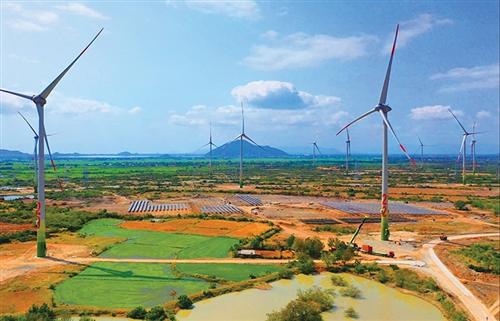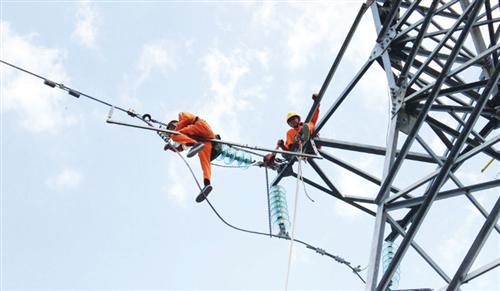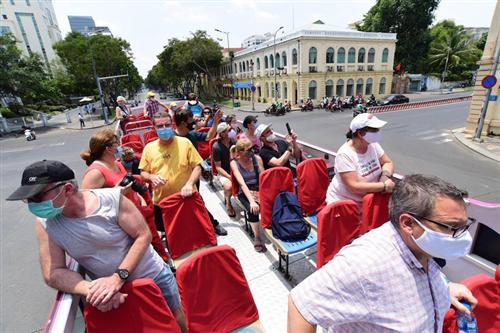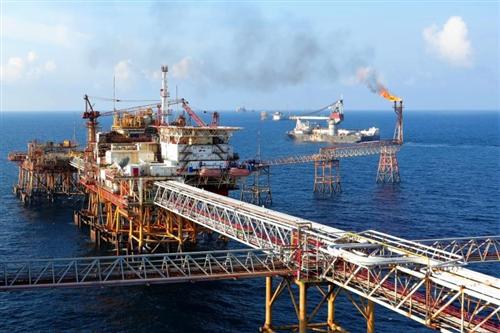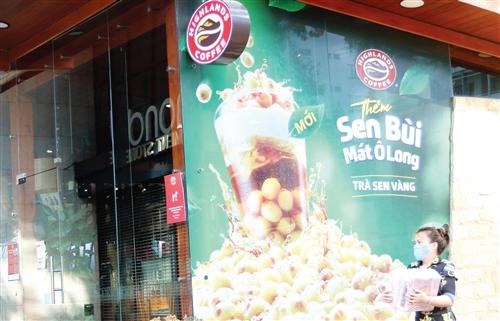Most tourism firms forecast 80 per cent revenue drop
Most tourism firms forecast 80 per cent revenue drop
More than three-quarters of tourism firms expect their revenue in the second quarter to fall more than 80 per cent from the same period last year due to the COVID-19 pandemic. 
According to a survey done by the Viet Nam Tourism Advisory Council (TAB) and the Private Economic Development Research Board with nearly 400 tourism and travel firms between April 13 and 17, 77 per cent of tourism and travel firms estimated the loss.
The survey aimed to update the business situation of the industry and understand the difficulties of firms to report to the Government and make recommendations to help them recover after the pandemic.
Among nearly 400 firms in the survey, 51 per cent were tour operators, 15 per cent hotels and 14 per cent transport services. Ninety-two per cent of the firms were small- and medium-sized enterprises with less than 100 employees.
The results also demonstrated that 71 per cent of firms reported a revenue decrease of at least 70 per cent compared to the first quarter of 2019.
Two-thirds of the firms had to cut their workforces in half while nearly 20 per cent had to sack all their employees.
Of the surveyed firms, about 10 per cent had completely shut down their businesses.
When asked about the future, 82.7 per cent of the firms thought their business activities might return to normal at the beginning of Q3.
TAB said that together with the firms’ own solutions, they also needed financial and policy support from the Government.
A representative of TAB said: “Currently, tourism firms have received support in tax, social insurance payment but they need more financial support policies in loans to deal with the difficulties.”
TAB also recommended tourism firms strongly restructure their businesses and markets after the pandemic so they could quickly return to stable development.
TAB said from the beginning of 2020, the tourism industry has been seriously damaged by the impact of the pandemic. The losses have been estimated at up to US$7 billion.








